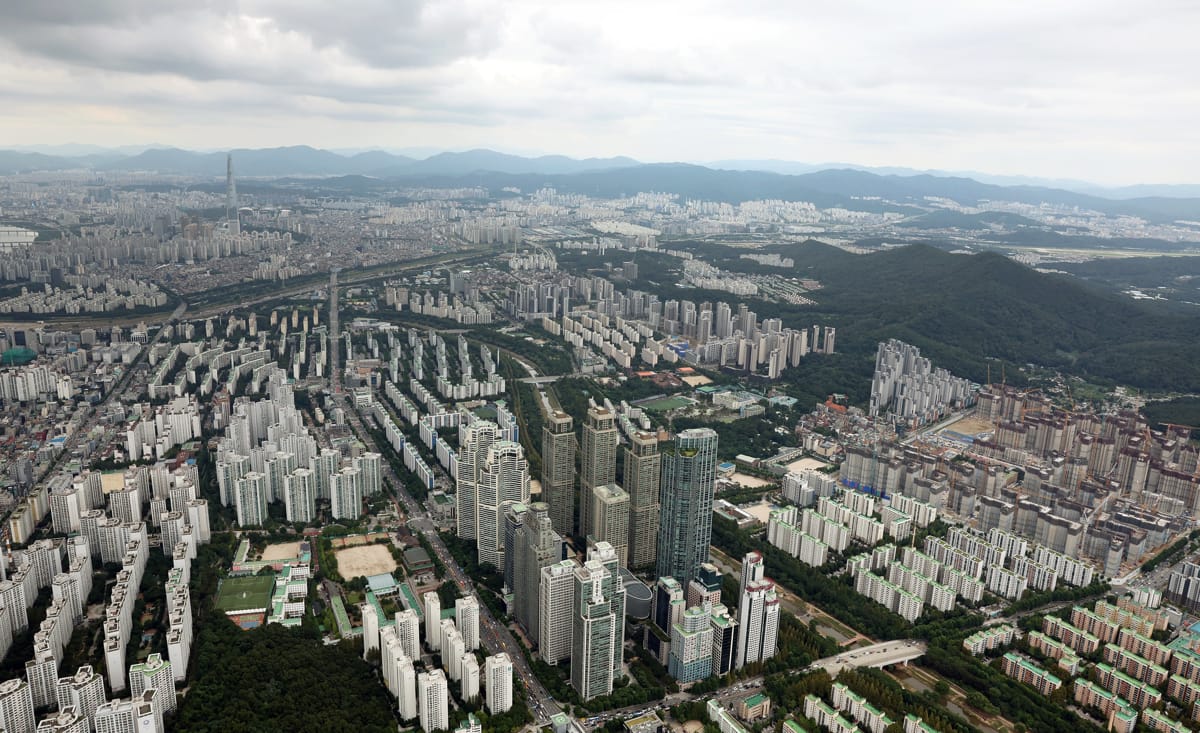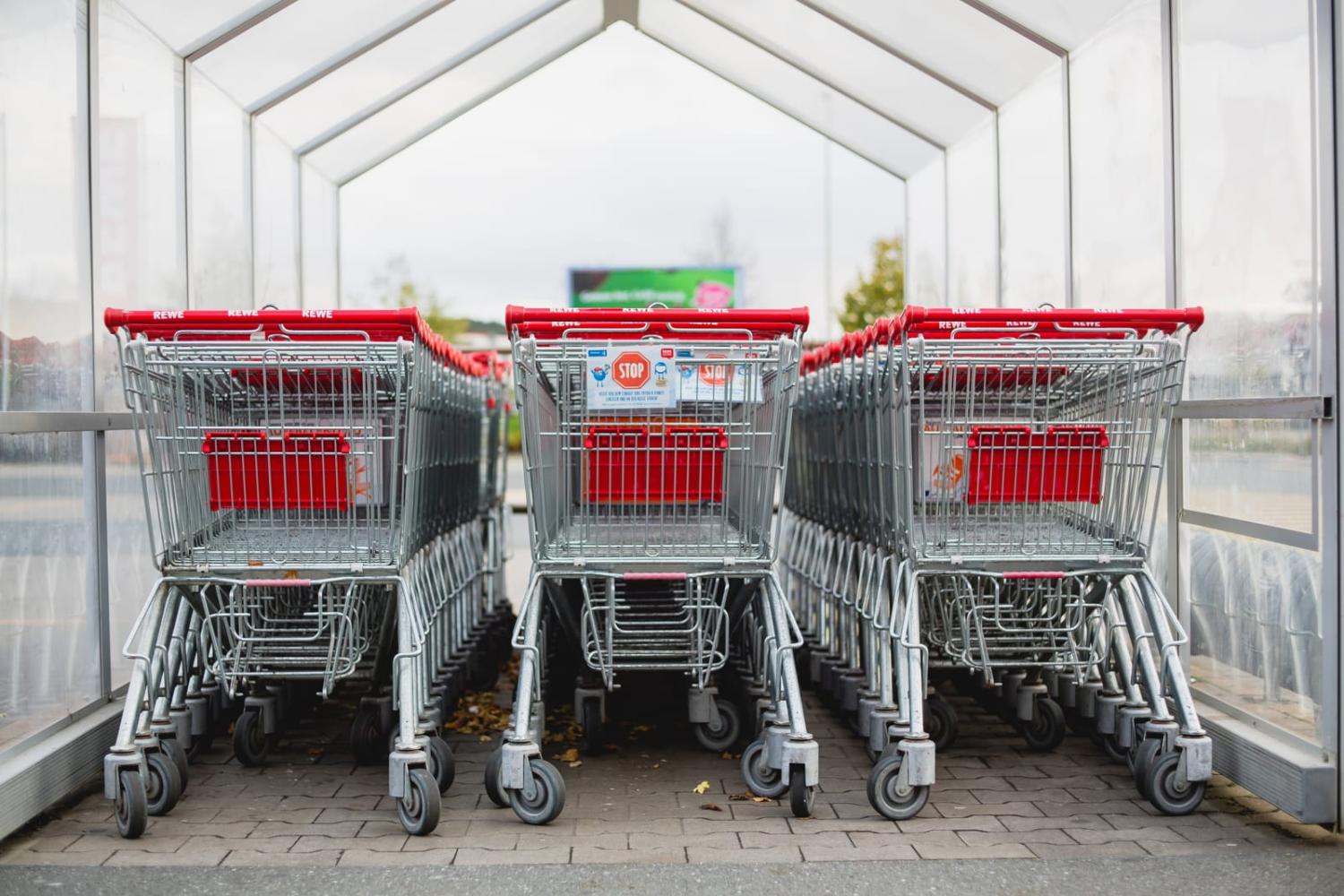The Covid pandemic was good for isolationists and xenophobes, and bad for globalisers and internationalists. Yet since the agricultural revolution, one of the keys to prosperity has been specialisation. None of us make our own running shoes, fix our own teeth, or build our own cars. We gain from living in societies where people specialise in what they do best, and work together to produce complex goods and services.
So too it makes sense for countries to specialise and encourage global commerce. The free flow of goods and services has the potential to make people around the world healthier, wealthier and wiser.
For medium-sized economies the benefits of specialisation are all around us. Hospitals are packed with imported products, from machines to vaccines. Much of what is sold in modern supermarkets comes from overseas. Trade brings new ideas and challenges local firms to serve their customers well.
Today, in Incheon, South Korea, the Board of Governors at the Asian Development Bank’s Annual Meeting is about to start discussing these issues. The theme of this year’s annual meeting is “Rebounding Asia”. Member countries are looking for the best way forward to rebound from the global economic downturn.
South Korea and Australia are strong voices for engagement. And right now, engagement needs all the friends it can get. Openness doesn’t just deliver faster economic growth. International engagement can also help alleviate poverty and extend the buying power of low-income families. New migrants and foreign capital have helped fuel the economic success of South Korea, Australia and the world.
Openness isn’t a panacea. Openness on its own won’t solve climate change, social inequality or a lack of trust.
But openness helps push societies in the right direction. As United States founding father Benjamin Franklin famously put it, “No nation was ever ruined by trade”.

It is my belief that Australia and South Korea should continue to work together to maintain strong and sustainable regional trade, investment and migration. By doing so, we can continue to lift domestic living standards while bolstering our economic resilience and, as Australia’s Foreign Minister Penny Wong says, “strengthening our ability to exercise agency, contribute to regional balancing, and decide our own destinies”.
South Korea and Australia are strong voices for engagement, but we face strong economic headwinds. Global growth is projected to decelerate sharply in 2023 to 0.7 per cent, well below its average of 3.1 per cent over the past three decades.
The costs of geo-economic fragmentation are potentially very large. Welfare gains associated with trade, investment and migration could be reversed and the costs and challenges of responding to common global threats could become prohibitive. In an extreme scenario, the International Monetary Fund estimates that trade fragmentation alone could reduce long-term global output by up to 7 per cent.
In a recent report the ADB recommended regional cooperation to prevent harms from export bans and trade restrictions on food and energy prices.
South Korea is one of very few nations that has made the leap from low-income to high-income status. In 1960, the average income per person in South Korea was US$120 (in today’s dollars) with the country’s economic development similar to the average African country. Today, the average income per person is over US$35,000 and the country’s economic development is similar to the average European nation.
This transition had a lot to do with its export-oriented development strategy, which built on the principle of specialisation.
A wonderful symbol of this relationship is your tablet, smartphone or smartwatch. There’s a good chance the components inside it were manufactured for a South Korean-owned company using lithium and bauxite mined in Australia.
However, this trading relationship is also a reminder of what Australian economic policymakers can learn from our South Korean counterparts. The Economic Complexity Index, devised by Ricardo Hausmann and a team at the Harvard Kennedy School of Government, estimates the economic complexity of a country based on the diversity of exports a country produces and their ubiquity (meaning the number of other countries that can produce those exports).
Countries are ranked highly on the index if they export a diverse range of sophisticated goods, including products that few other countries can make. South Korea ranks 4th, nestled between Germany and Singapore. Australia ranks 91st, nestled between Kenya and Namibia.
This isn’t just a mining story. Even before the commodity price surge of the early-2000s, Australia ranked low on the economic complexity index. But Australia has slipped down the rankings in the past generation.
In this regard, Australia can learn from South Korea’s leadership in advanced manufacturing, including magnets, batteries and electric vehicles.
Australians are proud of our mining sector, but we recognise the need to develop a more diverse industrial base if we are to grow the economy, create new jobs, and remain resilient in the face of global shocks – including evolving from a simple dig-and-ship approach in the resources sector to grow downstream industries. A good example is the rare earths sector, moving further downstream to minerals processing and some specialty alloy and metals production.
All this benefits from openness. For many nations, trade liberalisation is conditional. To use the metaphor of the great economist Joan Robinson, countries typically only agree to take the rocks out of their harbours if their trading partners take the rocks out of their harbours. The ideal is no rocks. But fewer rocks are better.
Today, international trade and investment is critical to Australia’s economy. It creates jobs and prosperity. It opens up opportunities for Australian businesses to expand.
This is an edited extract of a speech Andrew Leigh, Assistant Minister for Competition, Charities and Treasury, delivered at Yonsei University, Seoul on 2 May. He is the author of the 2017 Lowy Institute Paper “Choosing Openness”.

